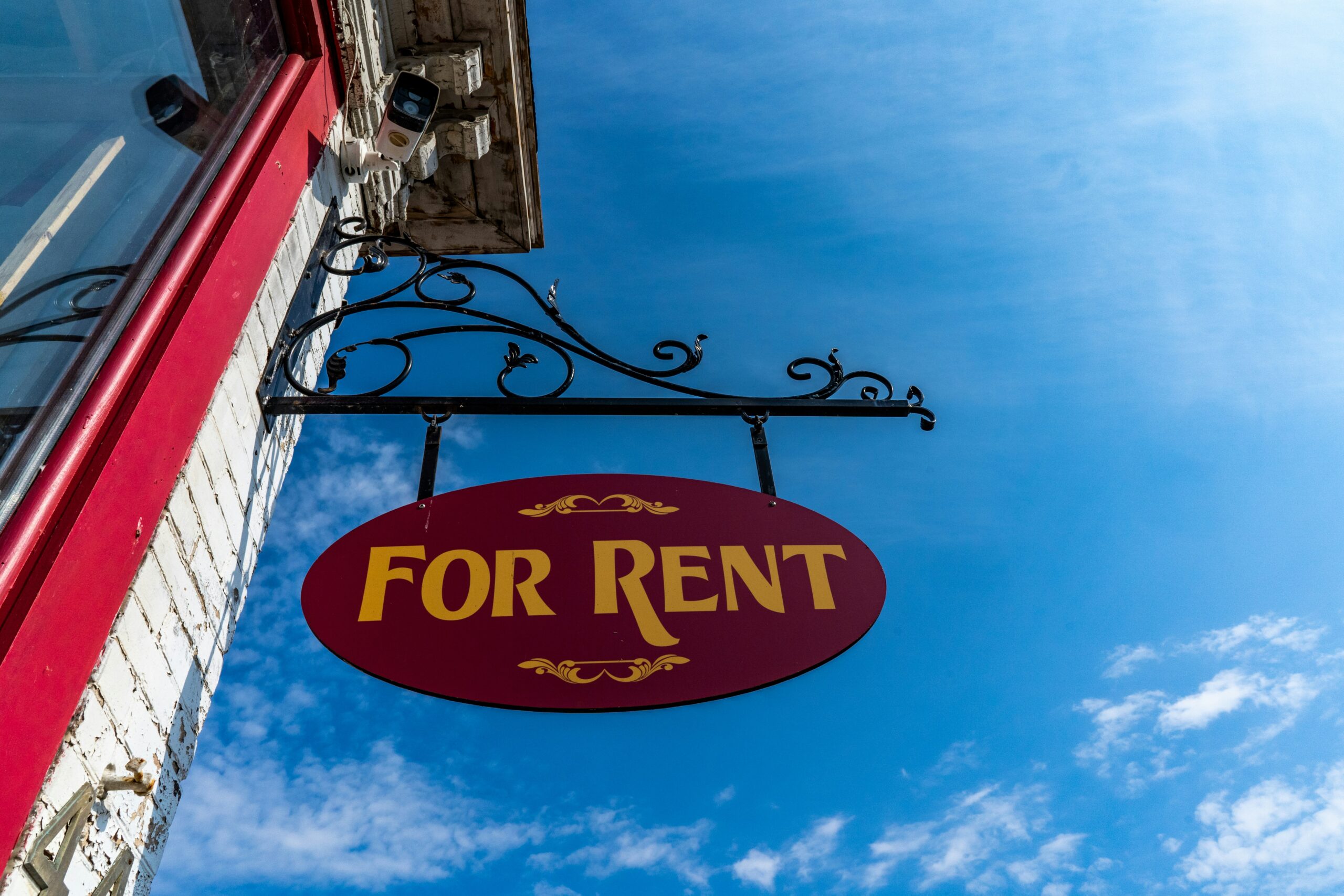What is the Renters’ Rights Bill?
The Renters’ Rights Bill (RRB) has been introduced by the Labour government and seeks to replace the Renters’ Reform Bill imposed by their predecessors. The Bill was introduced swiftly in September 2024, two months into their term after an overhaul of the private rental sector was pledged in their manifesto prior to the election. The Renters Rights Bill will be instated to protect and provide greater security to both tenants and landlords by challenging concerns of unfair and outdated legislation.
In this blog, we will outline some of the significant changes being made and the impacts for landlords and tenants alike.
Abolishment of Section 21 ‘No-Fault’ Evictions
A topic raised in the King’s Speech at the State Opening of Parliament, and arguably the most substantial change to the private rental market, is the proposed abolition of ‘no-fault’ evictions under Section 21. Instead, landlords must provide a Section 8, clearly outlining the grounds for possession of the property.
Rental Bidding Ban
Another topic mentioned in the King’s Speech is a ban on rental bidding. This ban will be imposed to prohibit agents or landlords from encouraging or inviting applicants to offer a higher rent on the rental to secure their tenancy. The landlord will be asked to publish an asking rent for the property, meaning they will not be able to accept bids above this price.
While many will welcome the move as a step toward greater fairness and transparency, it may lead to an overall increase in asking rents, especially for landlords or agents anticipating a bidding war on their property.
Decent Homes Standard
As of 2023, 21% of privately rented homes are deemed ‘non-decent’ homes. By establishing a Decent Homes Standard, the government is aiming to ensure homes are safe, secure and hazard-free for tenants. Part of tackling this issue is the extension of Awaab’s Law to the private rental sector. First introduced, the Section 42 Social Housing (Regulation) Act 2023, this will ensure there are clear expectations on timeframes within which landlords must take action to make homes safe where they contain serious hazards.
It also aims to empower tenants to challenge dangerous or hazardous living conditions and warrant landlords to take quick action to correct the issue to ensure tenants are living in safe conditions.
Rent Increases
Processes to increase rent will be reviewed to empower tenants to challenge any unreasonable increases and ensure they are reflective of the market rates.
Landlords will be limited to one rental increase per year and serve a ‘section 13’ notice to bring the changes to the tenant. This must be done two months in advance of the increased charges. If a tenant believes the increases are above market rate, they will be encouraged to challenge the changes and bring it to a first-tier tribunal.
Rent in Advance
Landlords or agents will no longer be able to accept or demand large amounts of rent upfront. This will be limited to one month (or 28 days for tenancies with rental periods of less than a month), meaning that tenants will not be asked to provide copious amounts of rent beyond their means.
Introducing a Private Rental Sector Ombudsman
The government announced they will introduce a new Private Rental Sector Ombudsman, whom they will appoint as soon as possible. By law, every landlord with a private rental property will be required to sign up for this scheme, and a small charge is expected to be incurred for each PRS property.
For tenants, this means they will be able to use this service for free to raise concerns or complaints about a landlord’s actions or behaviour. The service will offer impartial, fair and binding resolutions for the tenants.
Labour will also introduce a Private Rental Sector database to help landlords better understand their legal obligations, with the aim of helping them gain confidence in their position and procedures.
Prohibiting Discrimination
Other amendments seek to further address discrimination against families with children and those receiving benefits renting within the private sector. The RRB will also support responsible pet ownership and give guidance to both landlords and tenants to make fair decisions for both parties.
In summary
The Renters’ Rights Bill will also strengthen enforcement on non-compliance and could be met with fines. So, whether you’re a landlord or a tenant, our team of experts are here to help guide you. Specialising in a range of residential landlord & tenant services from writing tenancies to advice on your rights and obligations, we are here to offer guidance tailored to your situation.
For a full list of changes and FAQ’s, visit the GOV.uk website.
Get in touch today:
Norwich
Tel: 01603 693500
Email: enquiries@clapham-collinge.co.uk
Sheringham
Tel: 01263 823398
Email: enquiries@clapham-collinge.co.uk
North Walsham
Tel: 01692 660230
Email: enquiries@clapham-collinge.co.uk
Sources:
Total Landlord: https://www.totallandlordinsurance.co.uk/knowledge-centre/what-does-labours-renters-rights-bill-mean-for-landlords
